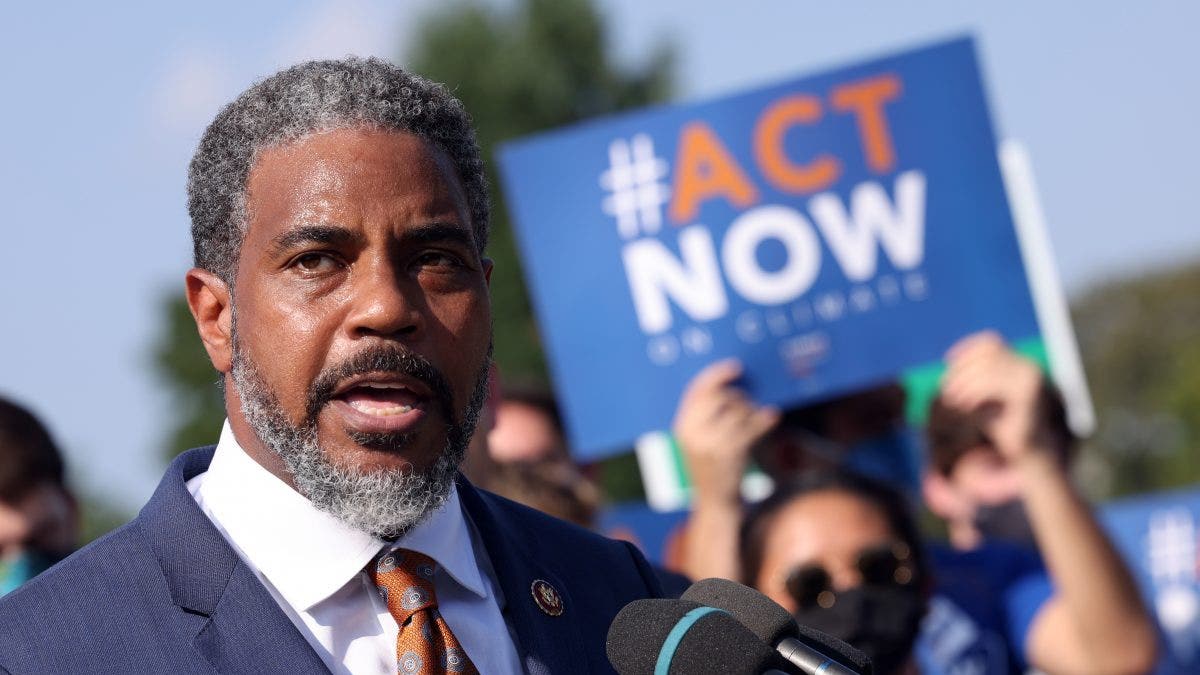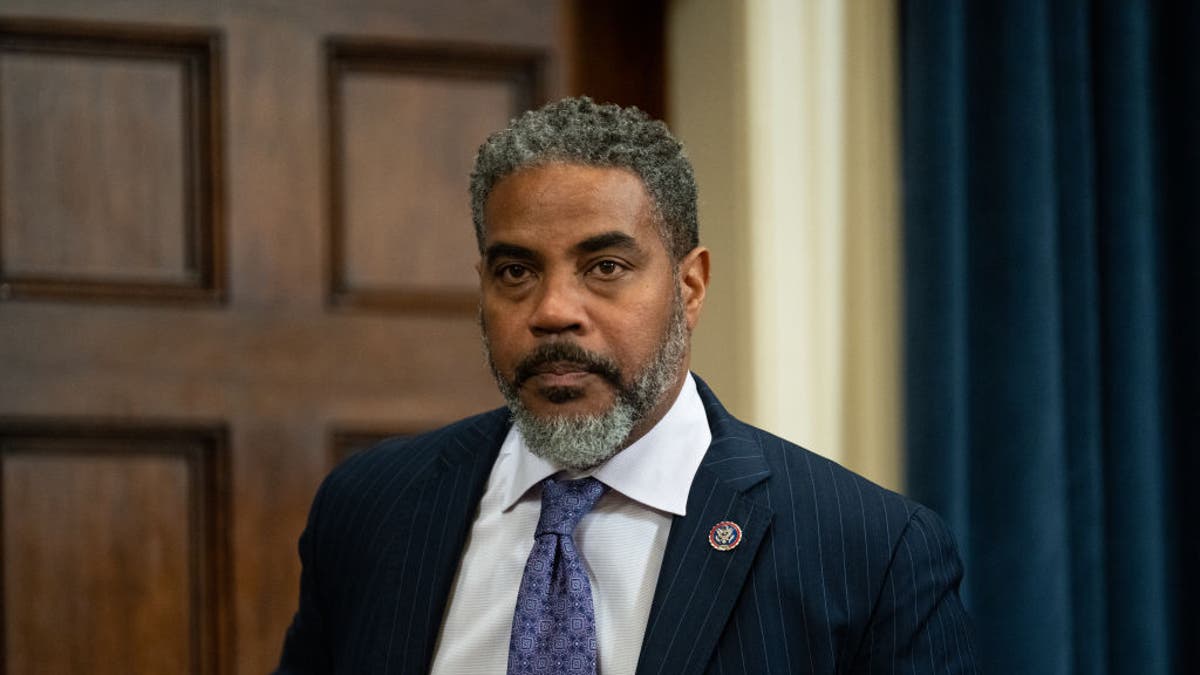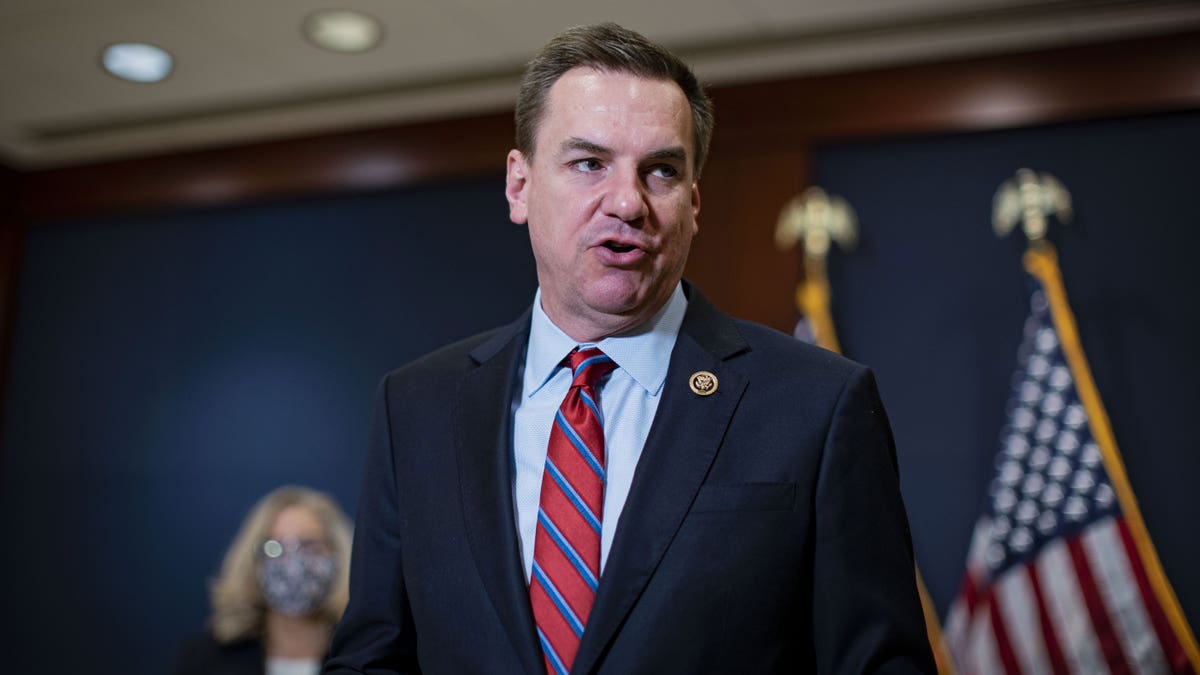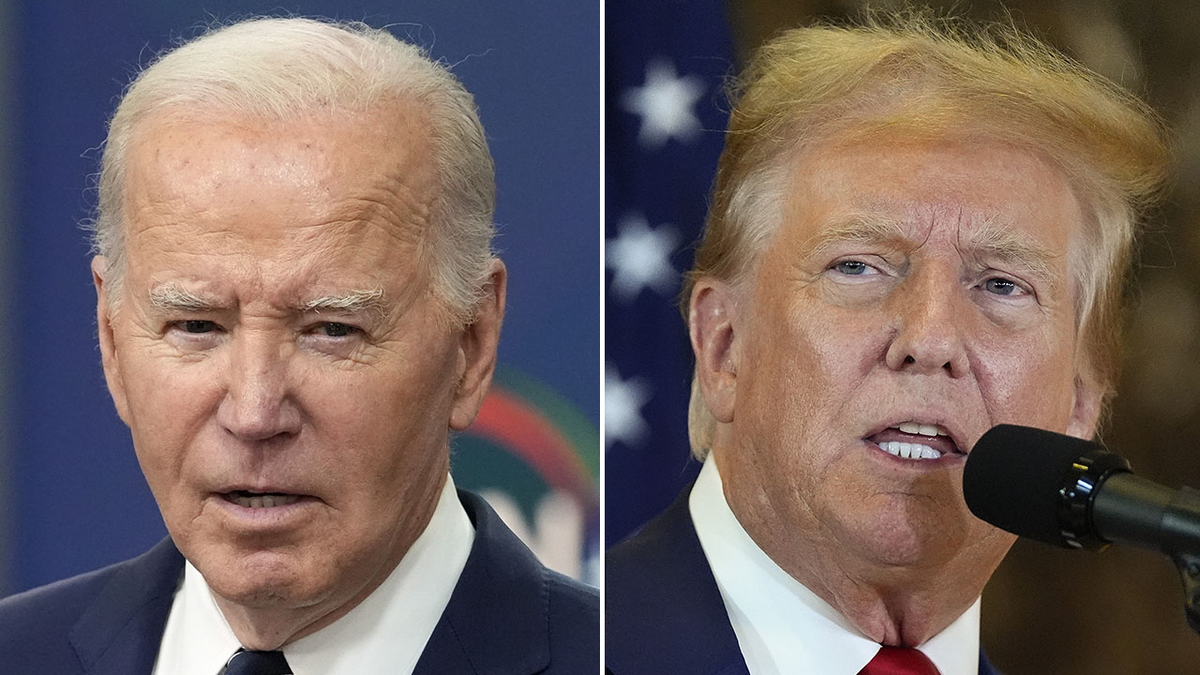Rep. Steven Horsford, D-Nev., won his party’s nomination for a pivotal swing district in Tuesday’s primary election.
The incumbent Democrat managed to fend off a primary challenge from young political newcomer Levy Schultz.
Schultz challenged the Nevada representative because of what he described as the lack of affordable housing he encountered in Las Vegas.
SUPREME COURT HISTORICAL SOCIETY BLASTS ‘SURREPTITIOUS’ RECORDING AS DEMS TARGET JUSTICE ALITO

U.S. Rep. Steven Horsford, D-Nev., speaks on infrastructure and climate change during a news conference outside the Capitol on August 23, 2021 in Washington, DC. (Photo by Kevin Dietsch/Getty Images)
“The American people should not have to rent the American dream. We should be able to buy it,” he told the Las Vegas Review-Journal earlier this year.
The challenger’s candidacy was considered a long-shot against Horsford.
‘LOOSE CANNON’: SENATE DEM ESCALATES ATTACK ON JUSTICE ALITO AFTER SECRET RECORDING

Rep. Steven Horsford (Getty Images)
The Democrat incumbent was first elected to the House in 2012. However, Horsford lost his seat to a Republican competitor after one term in 2014. But, after running again in 2018, he regained his seat and has been serving in it since.
Nevada’s fourth district is being eyed by Republicans as a prime pick-up opportunity alongside 36 other districts nationwide.
TRUMP TO MEET WITH HOUSE, SENATE REPUBLICANS IN DC THIS WEEK

Representative Richard Hudson, a Republican from North Carolina, speaks during a news conference following a House Republicans meeting at the U.S. Capitol in Washington, D.C., U.S., on Tuesday, March 9, 2021. (Al Drago/Bloomberg via Getty Images)
“Republicans are in the majority and on offense. We will grow our House majority by building strong campaigns around talented recruits in these districts who can communicate the dangers of Democrats’ extreme agenda,” National Republican Congressional Committee (NRCC) Chairman Richard Hudson, R-N.C., said in a statement earlier this year. “These House Democrats should be shaking in their boots.”
However, this could prove difficult, as non-partisan political handicapper, the Cook Political Report, has rated the race “Likely Democratic.”
MIKE LEE PRAISES TRUMP FOR RESISTING CLINTON LAWFARE, WARNS BIDEN OF SLIPPERY SLOPE

President Biden and former President Trump (AP/Alex Brandon/Julia Nikhinson )
CLICK HERE TO GET THE FOX NEWS APP
Horsford does still have to contend with a competitive election landscape in the battleground state. This is magnified by the fact that he has to share the ballot with President Biden, who has racked up historically low approval ratings.